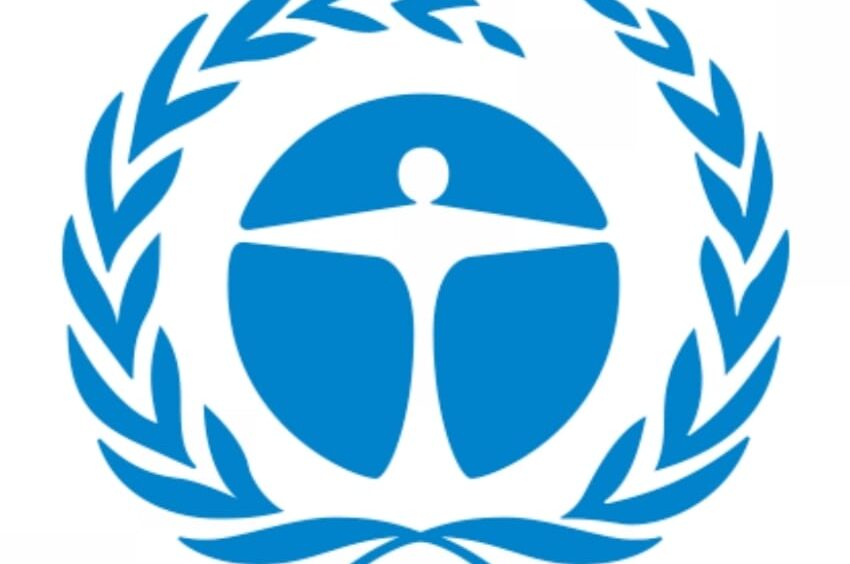UNEP Warns Of Escalating Climate-conflict Nexus, Calls For Stronger Adaptation In Fragile States

UN Environment Programme chief Inger Andersen urges coordinated action to protect ecosystems and livelihoods as conflicts deepen environmental and climate crises
At a United Nations Security Council briefing on climate and security in New York, the Executive Director of the United Nations Environment Programme (UNEP), Inger Andersen, said that environmental degradation from armed conflicts is driving hunger, disease and displacement, thereby intensifying insecurity.
Addressing the meeting convened by Sierra Leone, Andersen warned that pollution, waste and the destruction of critical ecosystems during conflict undermine food and water security and human health. Citing UNEP’s assessment, she said the loss of forests and agricultural land in conflict zones such as Gaza, Libya and Syria has left long-lasting ecological damage.
The UNEP chief noted that climate change is now a compounding factor in instability, adding to tensions over resources such as water and land. In regions like North Africa, the Middle East and parts of Asia, rising temperatures and erratic rainfall have worsened droughts and reduced agricultural output. The situation in Syria, where extreme weather has devastated crops and triggered forest fires, exemplifies the combined impact of climate stress and fragility.
Andersen said droughts and extreme heat are increasingly correlated with violent conflict, as evidenced by World Bank findings that countries facing chronic instability also endure severe dry spells. However, she added that there is no single causal chain, as rainfall variability can also fuel local disputes.
Highlighting the need for practical interventions, Andersen outlined three priorities for conflict-affected countries: rebuilding national environmental management capacity, fostering cross-sector cooperation among ministries and private actors, and increasing investments in climate adaptation.
She cited UNEP’s work in Sierra Leone and other post-conflict states to integrate environmental recovery into peacebuilding. Andersen also drew attention to UNEP’s Adaptation Gap Report 2024, which found that people in severely conflict-affected countries receive an average of only USD 2 per capita in climate finance, compared to USD 162 in stable countries.
Concluding her remarks, Andersen said that with COP30 approaching in Belém, Brazil, nations must raise ambition on both mitigation and adaptation, since “every fraction of a degree avoided means lower losses for people and ecosystems.”






































































































































































































































































































































































































































































































































































































































































































































































































































































































































































































































































































































































































